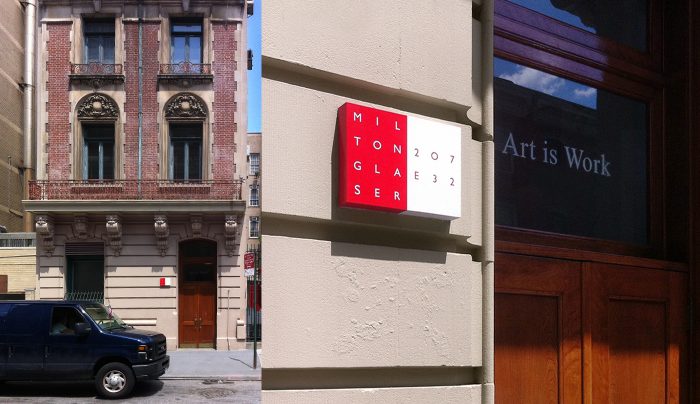This one’s a beast: affect or effect?
The simplest answer is that affect is a verb; effect is a noun. Except when they’re not—because affect is also a noun and effect is also a verb. Confused? Yeah, you and everyone else.
First, let’s take a look at the most common usage:
Courtney’s foul language is affecting office morale. (verb)
Courtney’s foul language is having an effect on office morale. (noun)
If you can remember that, you’ll be golden 99.9 percent of the time.
Where it gets weird is when you swap the parts of speech. Here, it helps to know that when affect is used as a noun, it’s pronounced with an emphasis on the first syllable, rather than the second (AFF-ect). Used primarily in psychiatry, the noun form of affect refers to a visible display of emotion or mood…
Courtney’s foul language was just a verbal manifestation of a surly affect.
…whereas effect as a verb simply means “to cause.”
In attempt to effect a change in office morale, Carl put a swear jar in the employee break room.
In the entry for “affect/effect” in Common Errors in English Usage, Paul Brians writes that “nobody ever said that English was logical: just memorize it and get on with your life.” With that in mind, I recommend memorizing that affect is a verb (starts with an A, just like action) and effect is a noun (cause and effect)—because that’s all you really need to know.
posted by: Aaron Bragg | category: the writing life | make a comment


